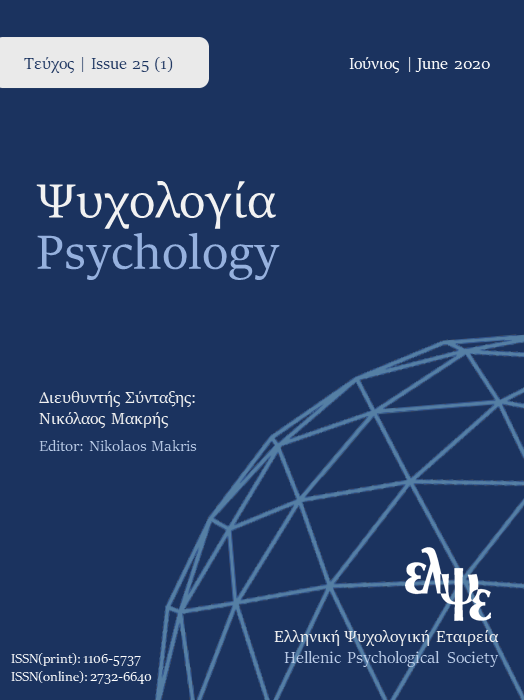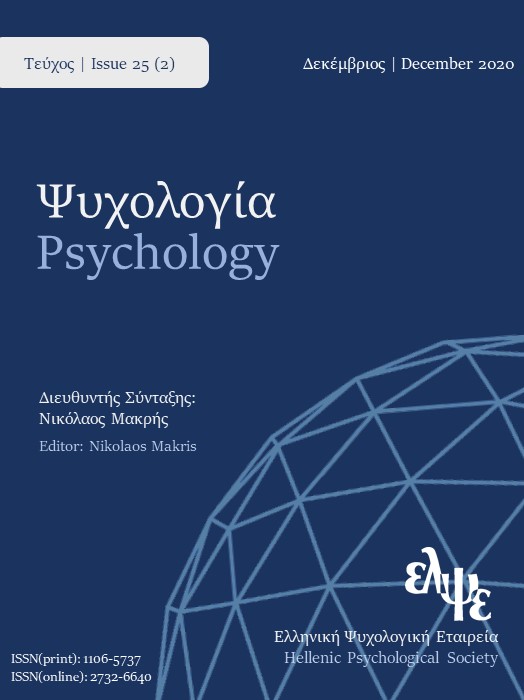Dispositional Optimism in Cardiac Patients and Their Spouses: Dyadic Relations to Well-being and Positive Affect

Abstract
The aim of this prospective study was to examine the relation of a positive personal characteristic, i.e., dispositional optimism, to physical and emotional well-being and positive affect in a sample of chronic cardiac patients and their partners. One hundred and four cardiac patients (25 women; mean age = 64.36 years) and their spouses (mean age = 60.04; all couples were married) participated in the study. Patient and partner dispositional optimism was assessed at baseline; well-being and positive affect, four months later. Τhe Actor-Partner Interdependence Model was used to examine the dyadic effects of optimism on physical and emotional well-being and positive affect. Structural equation modeling (SEM) was applied to run these analyses. In almost all cases, patient and spouse baseline optimism was positively related to their own well-being and positive emotions. Furthermore, patient optimism positively predicted spouse outcomes. However, spouse optimism was not related to any of the patients’ indicators of well-being or positive emotions. These findings provide further support to the beneficial role of optimism, at an intra- and also inter-personal level. Furthermore, they indicate that, even when dealing with severe chronic disease, there are still positive personal characteristics, like dispositional optimism, which may help patients and their partners achieve better adaptation and higher levels of well-being.
Article Details
- How to Cite
-
Karademas, E., & Thomadakis, C. (2020). Dispositional Optimism in Cardiac Patients and Their Spouses: Dyadic Relations to Well-being and Positive Affect. Psychology: The Journal of the Hellenic Psychological Society, 25(1), 151–163. https://doi.org/10.12681/psy_hps.25364
- Section
- SPECIAL SECTION

This work is licensed under a Creative Commons Attribution-ShareAlike 4.0 International License.
The journal PSYCHOLOGY adopts a Platinum open-access policy. Submission, processing or publication costs are waived by the Hellenic Psychological Society. Papers published in the journal PSYCHOLOGY are licensed under a 'Creative Commons Attribution-ShareAlike 4.0 International' licence. The authors reserve the copyright of their work and grant the journal the right of its first publication. Third-party licensees are allowed to use the published paper immediately after publication as they wish, provided they retain the defined by the license copyright formalities, regarding the reference to its author(s) and its initial publication in the journal PSYCHOLOGY. Moreover, any adjusted work should be shared under the same reuse rights, so with the same CC license.



